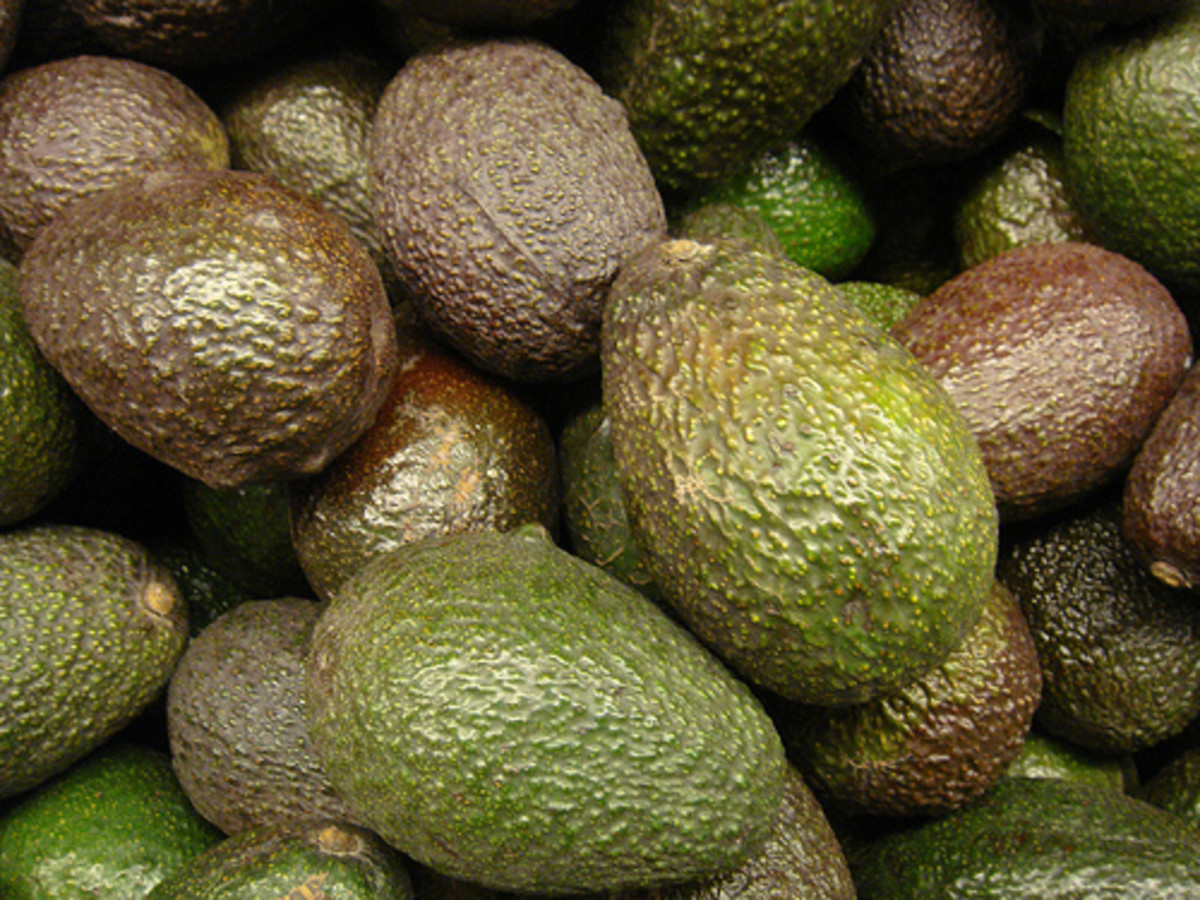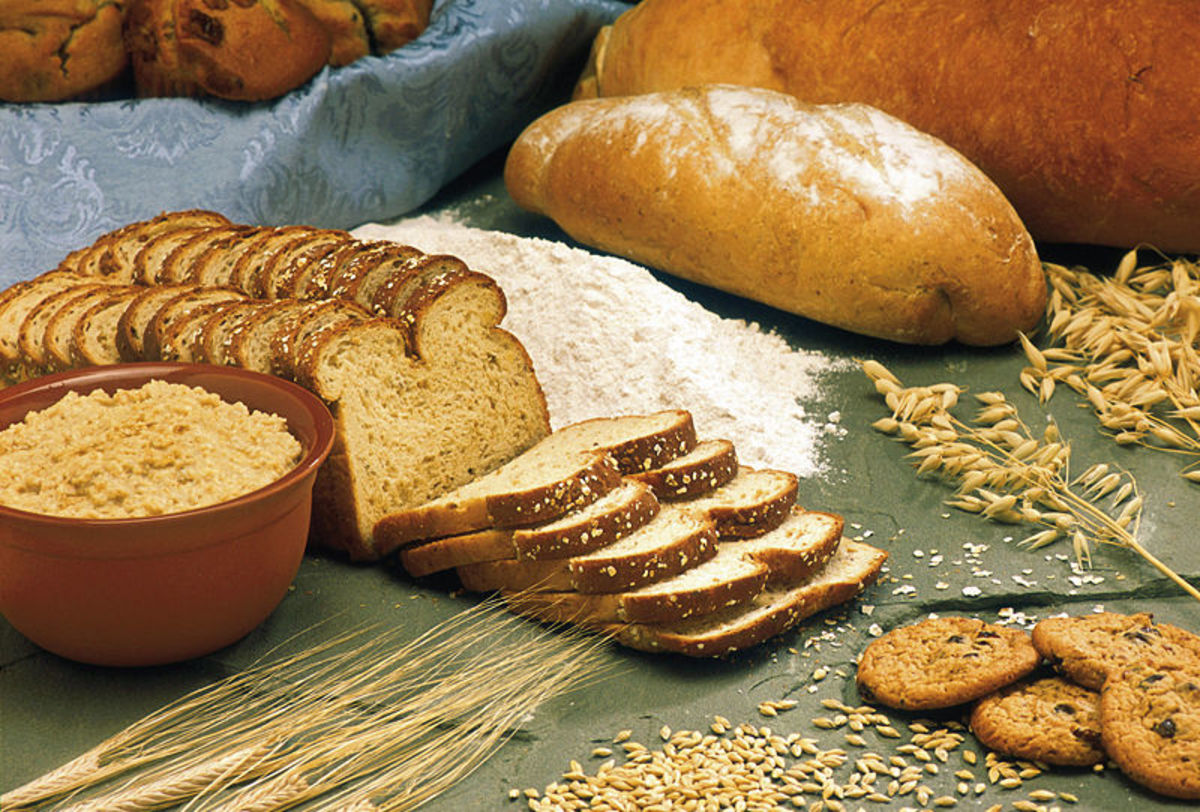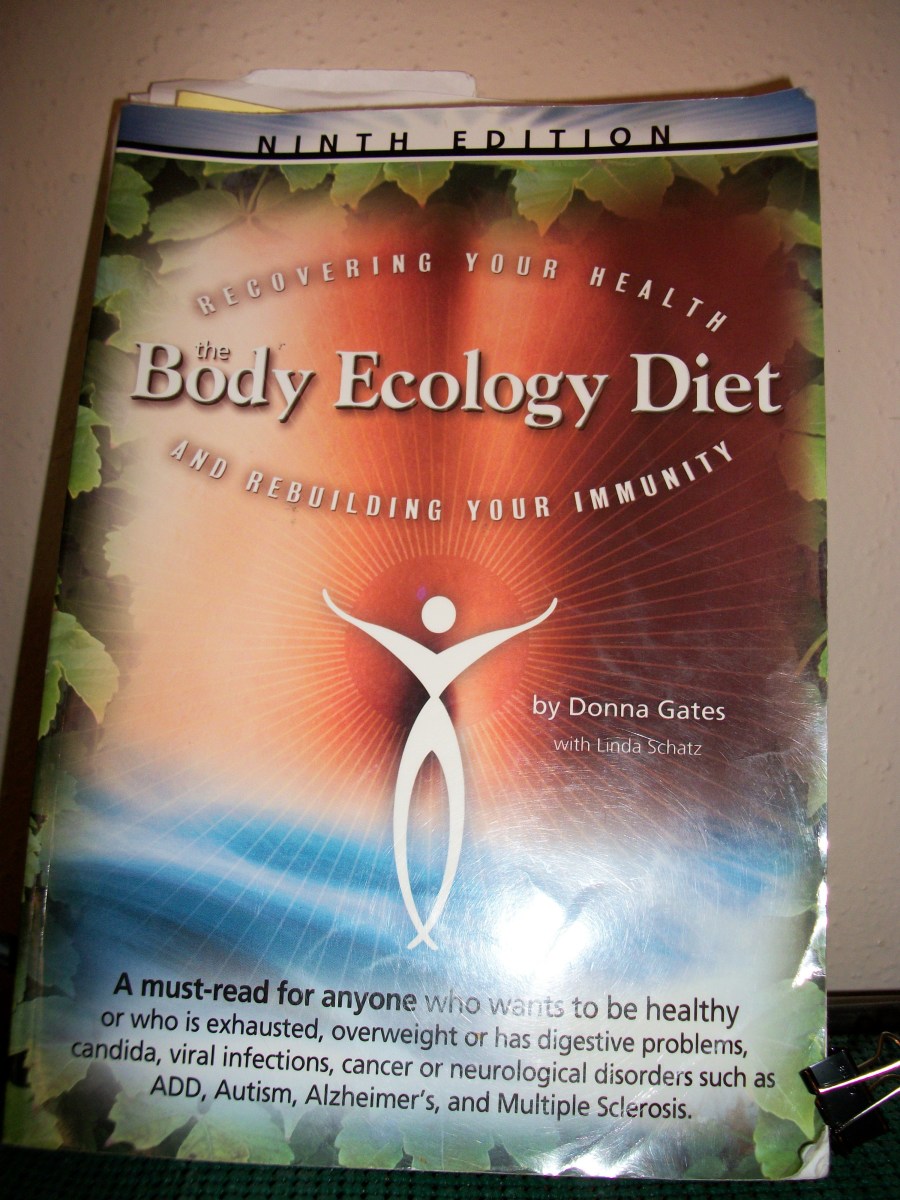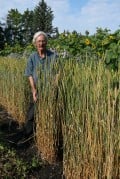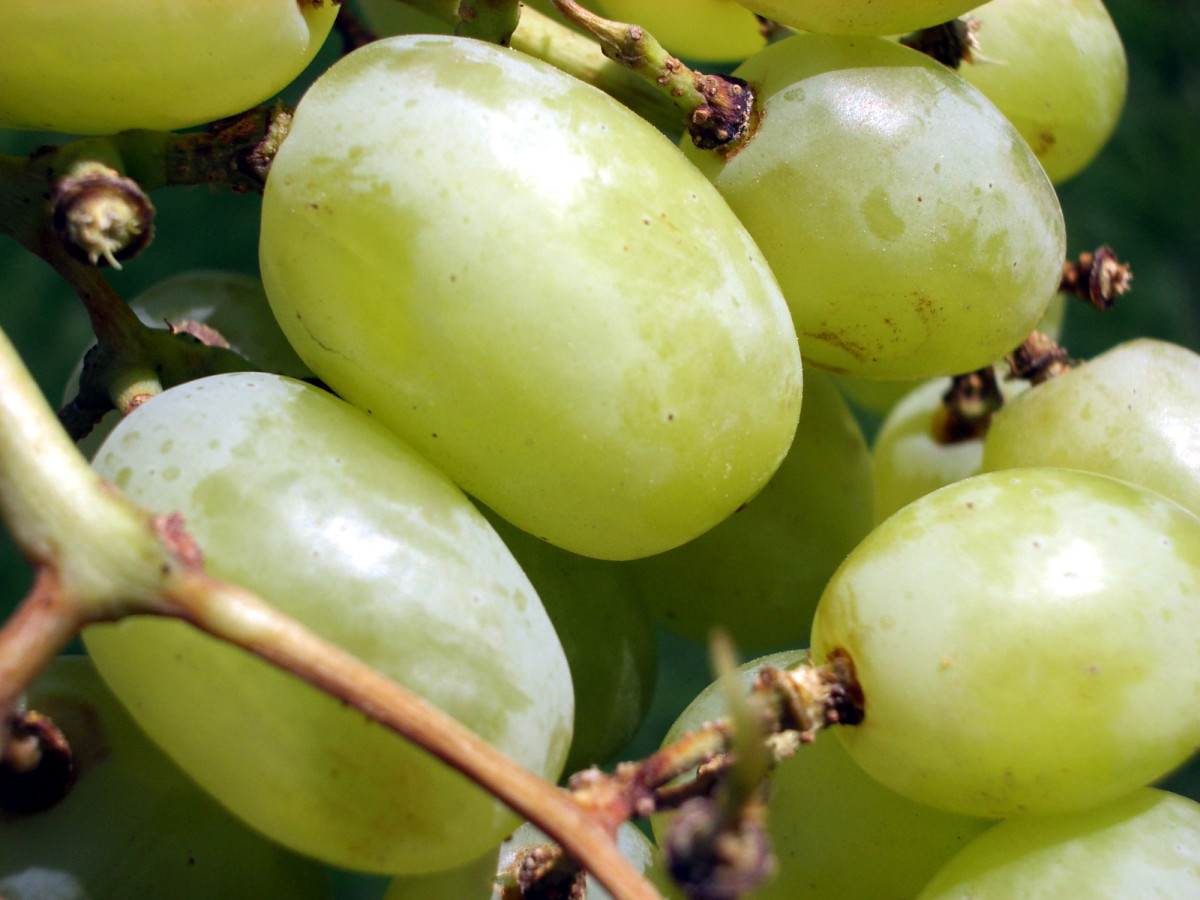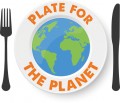The Paleo Diet: What Is It and Does It Work?
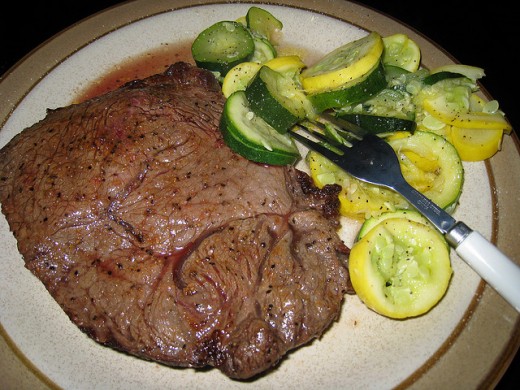
The paleo (or Paleolithic) diet is becoming extremely popular these days, but there is still a lot of confusion about what this method of eating actually entails, as well as whether it is in fact a good idea to eat this way. So in this article I’ll describe what the basic paleo diet consists of, what some sensible modifications might be, and what results you might expect to get from eating in this manner.
What Is The Paleo Diet?
The paleo diet is a way of eating that attempts to emulate the diet that our ancestors are supposed to have eaten thousands of years ago.
Eating the paleo way involves consuming only natural whole foods, e.g. meat, fish, eggs, vegetables, fruit, nuts and seeds. All processed, refined and packaged foods are avoided, as are grains, legumes, sugar and dairy products. Potatoes and sweet potatoes can be eaten in small amounts. And that’s about it.
Many people who eat this way adopt a high protein, low carb approach, eating lots of animal proteins, some vegetables and very little else. However, it can be adapted to your personal preference, so if you prefer to eat less animal proteins and more plant based foods that is perfectly acceptable.
Some Sensible Modifications to The Paleo Diet
A diet focused on natural, whole foods, with little or no processed, refined or sugary foods will obviously help to keep you healthy, as well as making it much easier for you to reach your ideal weight. But what about the grains, legumes and dairy?
Well, all of these can cause problems for some people. Whole grains and legumes contain various "anti-nutrients", such as lectins and phytic acid, which can cause digestive problems and impair the absorption of certain nutrients.
The gluten containing grains (wheat, spelt, barley and rye) are particularly problematic, as many people have gluten intolerance to some degree. And even if you don’t have gluten intolerance, gluten can still cause damage to the intestinal walls, and may also cause certain types of neurodegenerative disorders in some people. So it could be a good idea to eliminate these grains from your diet.
But if you have good digestion, it’s perfectly reasonable to eat some gluten free grains (e.g. rice and oats). And if you work out regularly, and are looking to optimize your performance and/or build muscle, then this is highly recommended.
Do bear in mind, however, that oats are often contaminated with wheat, as they are usually produced on the same machinery. So if you are gluten intolerant look out for oats that are certified gluten free.
Dairy products can be a problem for many people too (especially the pasteurized, homogenized stuff that’s sold in the supermarkets), as they can be inflammatory and mucus producing. And apart from that, most adults are lactose intolerant to some extent anyway, as our production of the enzyme lactase (required to break down lactose into glucose and galactose so that it can be absorbed from the intestines) diminishes as we get older.
Certain types of dairy can be beneficial though, even if you are lactose intolerant, as products such as butter, hard mature cheese, and whey protein isolate contain very low (almost zero) levels of lactose.
And legumes (beans, peas, lentils, peanuts etc.) are a very healthy addition to the diet, providing they are cooked properly, as they help to promote good intestinal and cardiovascular health. Peas can be eaten raw if desired, but beans and lentils should be boiled for at least 10 minutes (after being soaked overnight) to degrade the lectins. This is particularly important for red kidney beans, which can cause acute poisoning if eaten raw or improperly cooked.
Dark chocolate (quality chocolate with at least 70% cocoa content), green or herbal teas, coffee and certain alcoholic drinks, such as red wine, can also be consumed in moderation on the paleo diet. And, as these contain high levels of antioxidants and other health-promoting compounds, they can certainly be viewed as a useful addition to anyone's diet.
Christa Orecchio talks about the pros and cons of the paleo diet
Have you tried the paleo diet?
What Sort of Results Can You Expect From the Paleo Diet?
The paleo diet "works", of that there is no doubt. And the most obvious benefit of eating in this way is that you will find it easy to lose weight, or maintain your weight at the optimum level. However, if you need to lose quite a bit of weight, you'll need to ensure you are eating at a sufficient calorie deficit in order to achieve that. So make sure you don't eat too many high carb or high fat foods, so that you can keep your calorie intake in check.
Also, eating this way should help to clear up any digestive or intestinal problems you may have. And, apart from that, you will have a much lower risk of developing most of the common illnesses of the modern world, such as heart disease, diabetes, cancer etc.
So, in summary, if you follow the paleo diet (especially with the modifications I have suggested), you should find you will lose weight easily, improve your health, increase your energy levels, and probably live longer too. Have you tried the paleo diet, and what is your experience of it? Let me know in the comments below.

